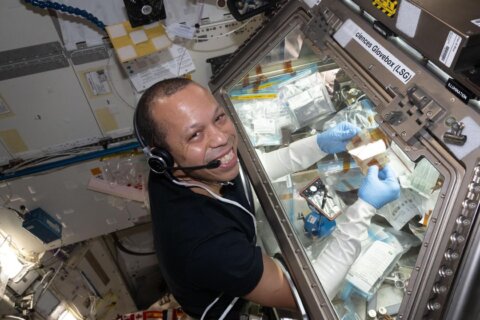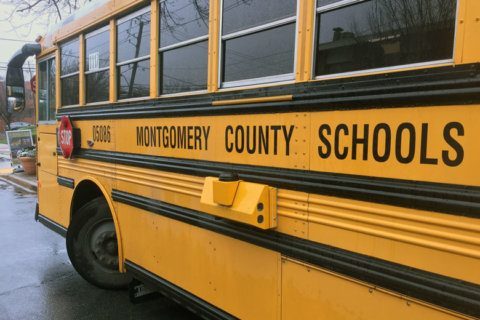There have been 49 overdose deaths tied to opioids in Montgomery County, Maryland, so far this year. That compares to 57 fatal overdoses in the same period last year.
Montgomery County officials provided an update on their efforts to combat the opioid crisis Friday at an event in Rockville, Maryland.
Even given the progress, they said, there were seven fatal overdoses in September alone.
“Our community is not immune to the problem of opioid addiction,” said County Executive Marc Elrich. “This is not going to go away quickly — addicts do not recover quickly. We need a long-term strategy to deal with this problem.”
The county has taken steps, including making Naloxone — commonly referred to as Narcan — widely available.
During the last fiscal year, between July 2018 and June 2019, 1,500 residents attended free training sessions on how to use the drug, which can reverse the effects of an overdose. At those events, 2,500 free Naloxone kits, each containing two doses, were distributed.
Jacqueline Fleming’s life was saved by Naloxone. She attended Friday’s event in Rockville and said that she survived 18 overdoses.
In one day, she said, she overdosed multiple times and was brought to the hospital twice, “only to walk out against medical advice.”
The second time she left the hospital, Fleming was hit by a truck while crossing the street. She was taken to shock trauma “with life-threatening injuries and underwent back-to-back emergency surgeries to save my life,” and stayed there for 21 days.
Fleming’s anniversary in recovery on Oct. 31 is only days away, but even her triple shock wasn’t enough to get her off drugs. She said the process was extremely complicated.
“The disease of addiction is chronic, progressive and fatal,” Fleming said. “Why some of us make it out of the despair and others succumb to the inevitable outcome addiction will result in, I may never have the answers to.”
Fleming said that Narcan helped save her life, “and I’m beyond grateful for its invention.”
She added that “an addict must be courageous and be willing to stand up and do whatever it takes to fight for their life.”
But tools such as public education and long-term recovery options must also be part of the solution, she said. “If there was just one solution,” Fleming said, “we wouldn’t have this problem.”








